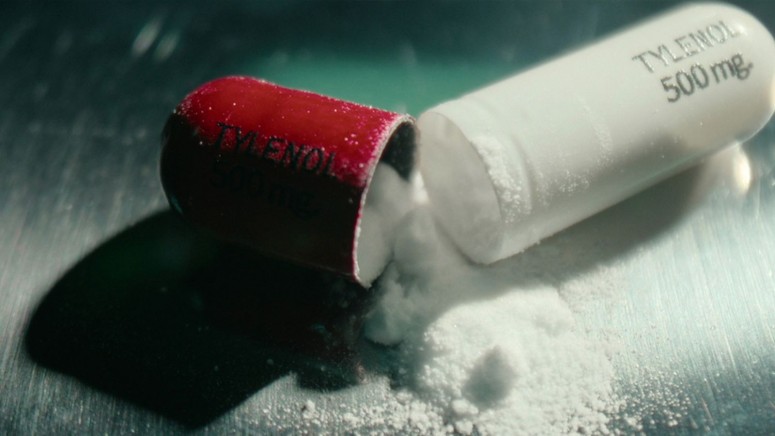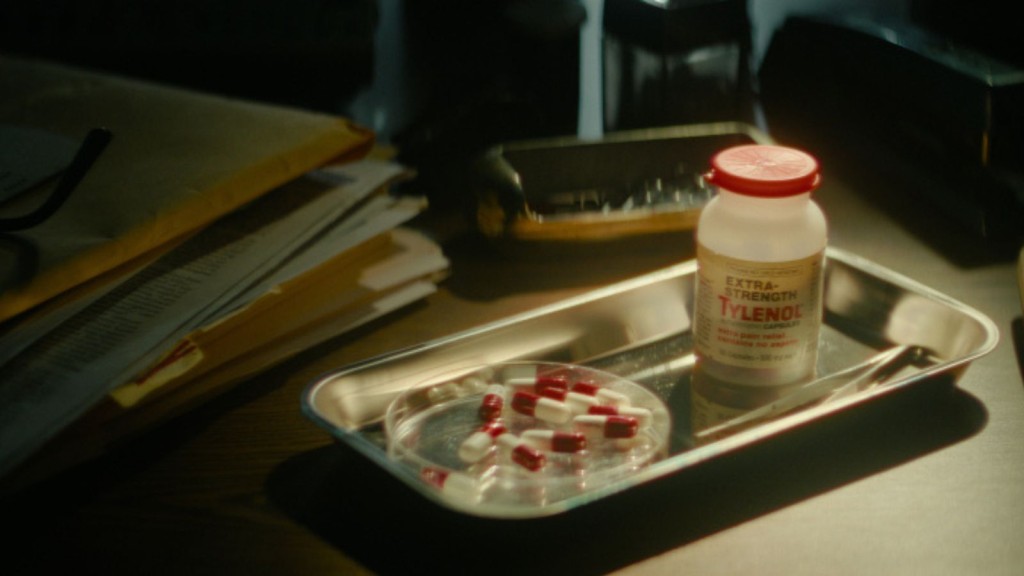
Cold Case: The Tylenol Murders- What is the True Story and Who is the Killer?
Cold Case: The Tylenol Murders documentary is now streaming, and as a result, there’s a renewed interest in the 1982 case that made everyone stop and think before even touching their medicine bottles. The case, which is almost four decades old, only came to light because three people from the same family died almost at the same time.
The Chicago area Tylenol case created such panic that it spread nationwide. The panic still exists for many, and it even gave rise to people thinking that Halloween candies collected during trick or treating could be contaminated by some toxic element. So, what happened in the Tylenol Murders case?
What are the Tylenol Murders?
The Tylenol Murders are a series of interconnected deaths in 1982 in the Chicago area that were caused by the victims consuming contaminated cyanide-laced Tylenol capsules. It first came to light when three members from the same family- Stanley Janus (25), Adam Janus (27), and Theresa Janus (20)- passed away at the same time.
Yotam Guendelman, co-director of Cold Case: The Tylenol Murders, said, “In many ways, this is sort of the perfect crime because cyanide is basically untraceable after a few hours.” Soon, other victims also came to light:
Mary Kellerman (12); Mary Reiner (27), a mother who had just delivered her fourth child; Paula Prince (35), a United flight attendant; and Mary McFarland (31), a telephone company worker.
Guendelman believes that there are more victims than the ones we know of. In the documentary, Jean Regula Leavengood, a flight attendant and the friend of Paula Prince (35), went to the victim’s house after she couldn’t get in touch with her. What she found there horrified her. Prince had so much cyanide on her lips that it would be enough to end anyone trying to resuscitate her.
What was done After the Tylenol Murders came to Light?
Within 48 hours of the case coming to light, then Mayor Jane Byrne instructed local law enforcement, health officials, and universities to pull all Tylenol products and have them shipped off to labs for integrity testing (via Chicago History). Residents of the Chicago area were instructed to discard any Tylenol products they had at home.
Volunteers warned people about the Tylenol incident, and Law enforcement blared warnings from a megaphone. This created a mass panic that bled into other areas of life. There was chaos, and many towns canceled Halloween trick-or-treating for fear of tainted candy being consumed by children.
A TIME magazine article published on Oct. 18, 1982, issue talked about the breakdown of public trust. It said, “Suddenly one of the small bonds of unconscious trust that hold society together had snapped.”
Who Committed the Tylenol Murders?
It’s not yet known for sure who committed the Tylenol Murders, as no one has been sentenced yet. The main suspect in the case was James W. Lewis, an accountant. He became the prime suspect after demanding $1 million from Johnson & Johnson in a letter and saying that there would be more deaths if they didn’t comply (via TIME).
But this wasn’t the sole reason. Ray West, one of his clients, was found dead and dismembered in his attic, and it was found that Lewis had tried to forge a check from West’s account. Yet the charges were dropped because law enforcement didn’t read him his Miranda rights.
In the docuseries, Detective David Barton reveals that they found a book on poisonings in his house as well as extortion letters. He spent 12 years in jail after being convicted of extortion, but he wasn’t charged with murder because law enforcement couldn’t prove that he was in Chicago when the deaths happened.
He had left for New York a few weeks before that. Producer Molly Forster of the Netflix documentary, Cold Case: The Tylenol Murders, interviewed him after taking more than a year to earn his trust. This was the last interview he did before his death on July 9, 2023.
Lewis said in the docuseries, “You can keep asking me questions forever and ever. If we ever do come up with a…technology which allows you to read my mind, then you won’t find anything in there that will be incriminating.”
Why Weren’t the Tylenol Murders Solved?
When the first cases came to light, people were instructed to throw away their Tylenol products. So, a lot of possible evidence was lost just in the first week of the case. However, the makers of the Cold Case: The Tylenol Murders documentary hope that the authorities will broaden their search and inspire someone who knows something to reach out to the relevant authorities.
What are the After Effects of the Tylenol Murders?
It has been more than four decades since the Tylenol Murders took place, but the effect can still be felt today. There are plastic seals on pill bottles which if open, indicate that the medication could have been tampered with.
Cold Case: The Tylenol Murders is streaming on Netflix.










